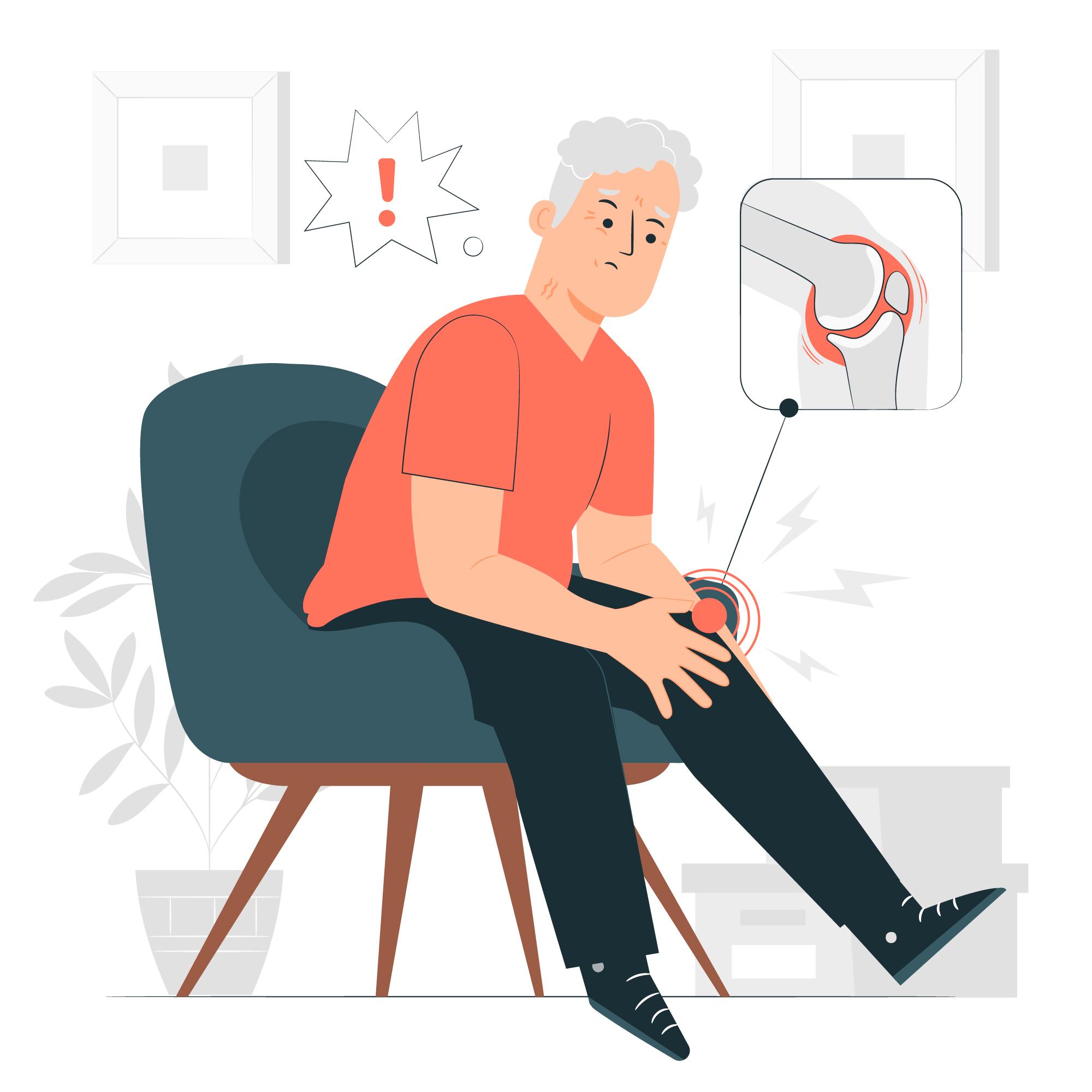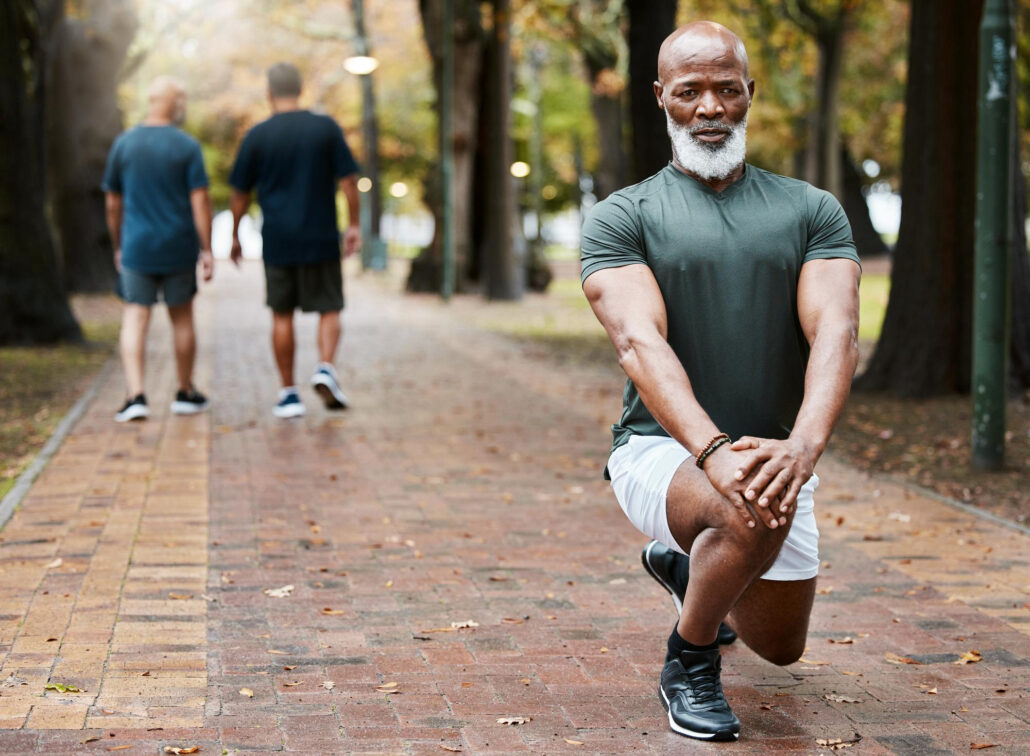IRB201900232 | PROACT@dental.ufl.edu | 352-273-5964 | Roger B. Fillingim, PhD, University of Florida College of Dentistry
PROACT:
Pain Relief for Osteoarthritis Through Combined Treatment
Researchers at UF Health are partnering with individuals who have knee pain on most days to evaluate two brief interventions. Join our compensated study today!

Fast Facts
knee pain most days
free from serious medical conditions
45-95 years old
Compensation Provided
Conducted in gainesville, FL
Study Background
Osteoarthritis is the leading cause of pain and disability in older adults, and commonly affects the knees. In this study, we want to investigate two brief treatments for knee arthritis pain. One treatment focuses on your breathing and the other involves low level brain stimulation.
The breathing treatment is called breathing attention training, or “BAT”. The BAT treatment will include instructions on deep breathing and focusing on different parts of your breathing. You will be randomly assigned (like the flip of a coin) to receive either standard-BAT or focused-BAT.
The brain stimulation treatment is called transcranial direct current stimulation (tDCS), which involves placing two sponge-like electrodes on your head and delivering a very tiny, weak electrical current to your scalp. You will be randomly assigned to receive either the full-length session of brain stimulation (active stimulation) or a shorter session of brain stimulation (sham stimulation). The sham stimulation feels like and is performed in the same way as the active stimulation session, but stimulation is stopped before it can have much of an effect on the brain.
Your participation in this study may help researchers improve treatments for knee osteoarthritis. Further research today and join our compensated study!

Study Background
Osteoarthritis is the leading cause of pain and disability in older adults, and commonly affects the knees. In this study, we want to investigate two brief treatments for knee arthritis pain. One treatment focuses on your breathing and the other involves low level brain stimulation.
The breathing treatment is called breathing attention training, or “BAT”. The BAT treatment will include instructions on deep breathing and focusing on different parts of your breathing. You will be randomly assigned (like the flip of a coin) to receive either standard-BAT or focused-BAT.
The brain stimulation treatment is called transcranial direct current stimulation (tDCS), which involves placing two sponge-like electrodes on your head and delivering a very tiny, weak electrical current to your scalp. You will be randomly assigned to receive either the full-length session of brain stimulation (active stimulation) or a shorter session of brain stimulation (sham stimulation). The sham stimulation feels like and is performed in the same way as the active stimulation session, but stimulation is stopped before it can have much of an effect on the brain.
Your participation in this study may help researchers improve treatments for knee osteoarthritis. Further research today and join our compensated study!
Additional Information
You may qualify for this study if you meet the following criteria.
Key Criteria:
- 45-95 years old
- Knee pain on most days
- No serious medical or neurological conditions
- No daily opioid use
- No current substance use disorder or history of hospitalization for a substance use disorder
- No cognitive impairments (i.e. able to understand the study procedures)
- Able to come to the research site for several testing sessions over a 3 week period
- Able to undergo an MRI
Once enrolled, this study involves 7 visits over about 3 weeks.
- Visit 1 (2-3 hours): informed consent, medical history & physical exam, urine pregnancy test (if applicable), questionnaires, physical sensation tests, physical activity tests (standing, walking, getting out of a chair)
- Visit 2 (1.5 hours): MRI brain imaging, questionnaires between visits
- Visits 3-6 (1-1.5 hours each): questionnaires, brain stimulation (tDCS), breathing attention training (BAT)
- Visit 7 (3-4 hours): questionnaires, brain stimulation (tDCS), and breathing attention training (BAT), plus post-treatment questionnaires, physical sensation tests, physical activity tests, MRI brain imaging




